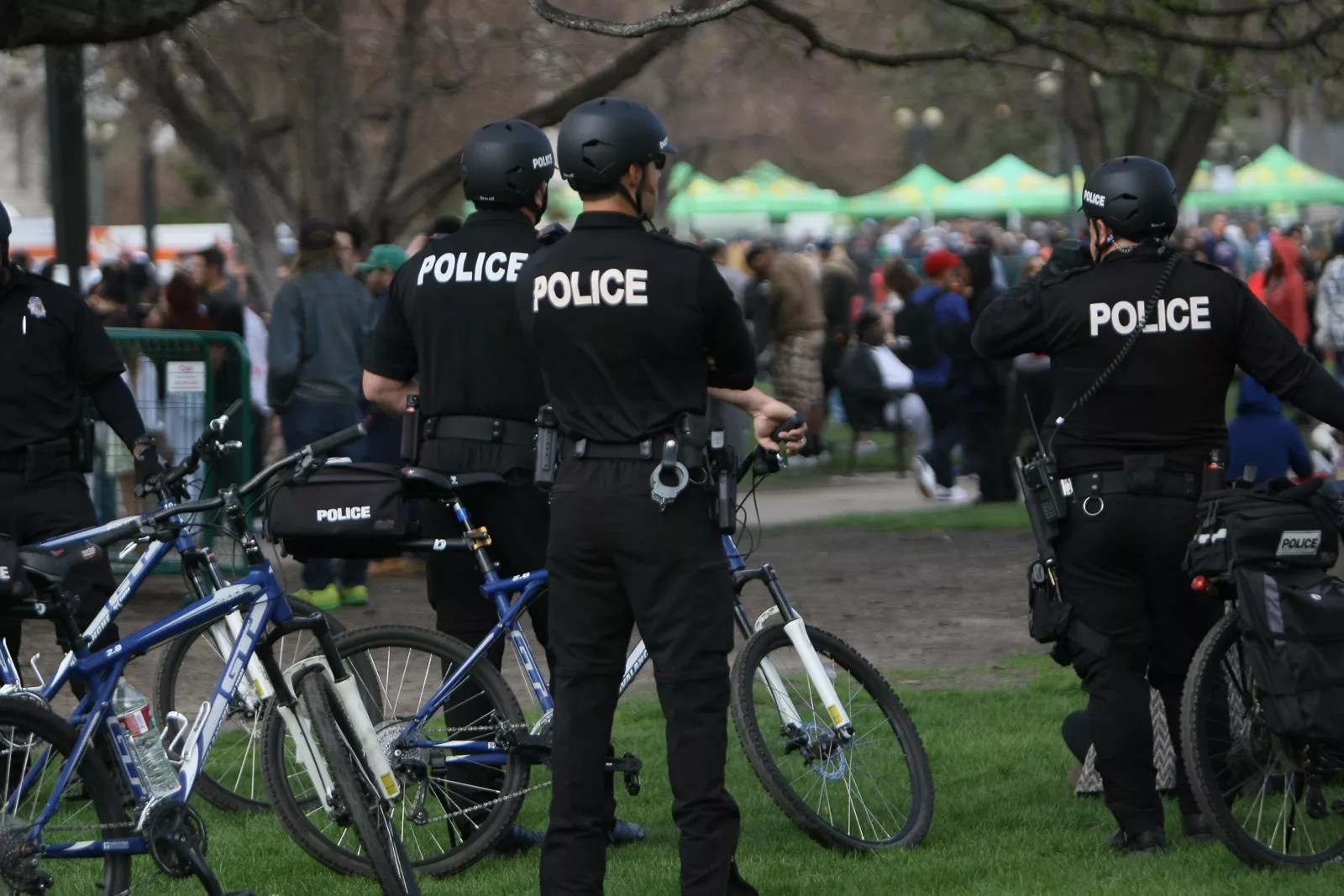
Brandon Marshall

Audio By Carbonatix
Denver’s Turn Over a New Leaf clinic, a city effort to clear records of past low-level marijuana offenders, is returning this year. But this time around, city organizers and community leaders hope that changes to the program’s strategy will improve its reach, which will be put to the test during the next scheduled clinic, on Saturday, February 29.
Turn Over a New Leaf hasn’t had much of a turnout rate since opening over a year ago, with just eighty successful cases cleared and 521 applications filed in total, according to the Department of Excise and Licenses. Of those 521 filed applications, 71 were done at the clinics. Only low-level marijuana charges filed in Denver are eligible to be cleared and sealed through Turn Over a New Leaf. Outside of Boulder, no other town or county in Colorado has implemented a program for those looking to seal their old pot charges.
“It’s difficult to find people with just low-level marijuana convictions, just in Denver,” explains Rosalie Flores, organizer for National Expungement Week, an annual, unrelated event nationwide that provides help in sealing or expunging past low-level crimes. “There might be Denver transplants who think that the program can help with convictions from other jurisdictions, but it needs to be clear that this is for Denver charges only.”
According to Excise and Licenses communications director Eric Escudero, confusion about jurisdiction eligibility has been the largest hurdle for applications. “We had many applications, which was the hope, but many were from outside of the Denver jurisdiction,” he says. “People may not understand that Denver doesn’t have the power to seal records from other counties or jurisdictions.”
Escudero says application and court fees for Turn Over a New Leaf are waived in hopes of removing a financial burden. “Anything that can be done, we are doing it. That way, everyone can have the same opportunities for things like housing and employment,” he adds.
But Melanie Rogers, a local marijuana activist who helped organize the Denver leg of National Expungement week, says Turn Over a New Leaf could be doing more to reach potential applicants, and would find success if they partnered with groups with stronger connections to the marijuana community. Instead of a clinic with city and district attorneys, who aren’t generally trusted by people with crime records, Rodgers proposes sending a trainer to go into communities and make sure those records are sealed.
“Turn Over a New Leaf hasn’t gone far enough,” she says. “Denver can have real work done if they’re partnering with organizations.”
Current efforts to promote the new clinic include partnering with the Black Cannabis Equity Initiative for more record-clearing clinics, social-media outreach and handing out fliers around the community. However, both Flores and Rogers argue that the city can go one step further in its outreach efforts.
“Using only social media doesn’t work, because not everyone has social media,” Flores says. “Especially those who may be affected by past charges. There are places such as juvenile centers or rehab centers to reach out to, because there’s a group there greatly affected by these low-level offenses.”
City workers have visited Denver corrections facilities as part of the program – but according to Senior Assistant City Attorney Anshul Bagga, there have been two more challenges for the city attorney’s office to overcome with Turn Over a New Leaf.
“One challenge is that the program is defendant-driven. They have to be the ones who file, but we tried to set the program up to be made easy and support the defendant. We pay for the court filing fee and file the motion for them,” he says. However, getting qualified applicants to come forward has still been issue, with Denver’s program receiving criticism from criminal justice reform advocates for not automatically clearing old low-level pot crimes that are now legal, like Los Angeles and San Francisco have pledged to do.
“The second challenge is there are a lot of older cases out there, and it can be difficult to find records or cases related to that conduct,” Bagga explains. “We try to go into the police system and find a paper copy of the ticket, and we haven’t had too many older cases where we couldn’t do anything. But if the court can’t find it, it’s hard to record-seal.”
The next Turn Over a New Leaf clinic will be held on Saturday, February 29, at Zion Senior Citizen Center, 5161 East 33rd Avenue, from 9 a.m. to 1 p.m. The clinic will be part of the Black Cannabis Equity Initiative’s free employment resource event, during which state lawmakers and expungement advocates will talk about local and state record-clearing efforts; Denver business officials and cannabis industry representatives will participate in roundtable chats and Q&As about employment opportunities in legal pot, as well.